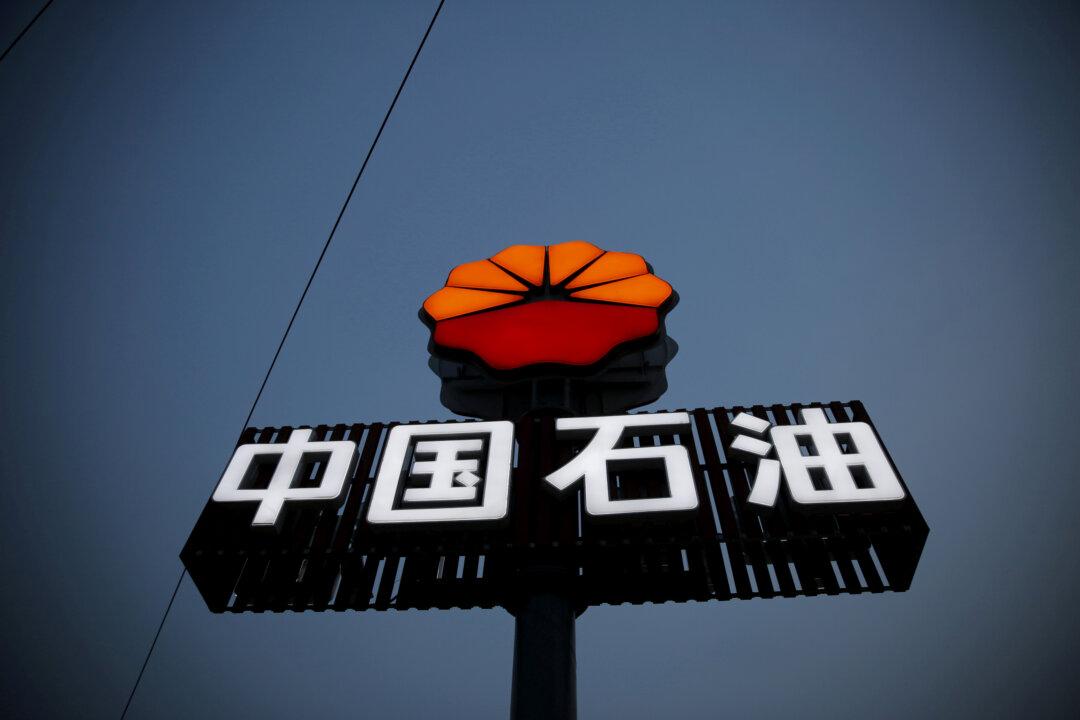SINGAPORE—China’s top gas importer PetroChina has declared force majeure on natural gas imports, including on liquefied natural gas (LNG) shipments and on gas imported via pipelines, following the coronavirus outbreak, four industry sources told Reuters.
The company issued the force majeure notice to suppliers of piped gas and also to at least one LNG supplier, though details of the force majeure notice could not immediately be confirmed.





